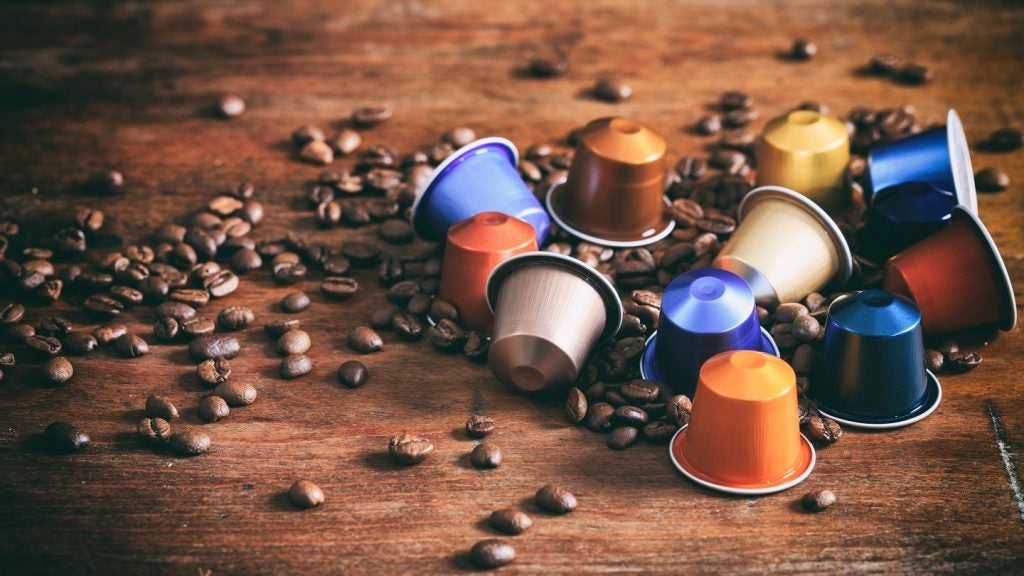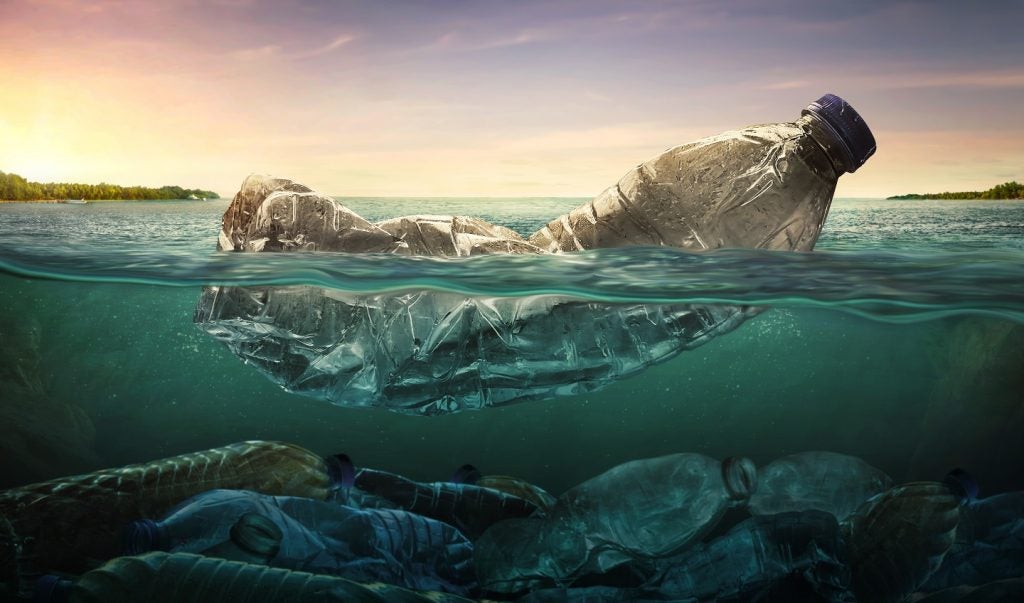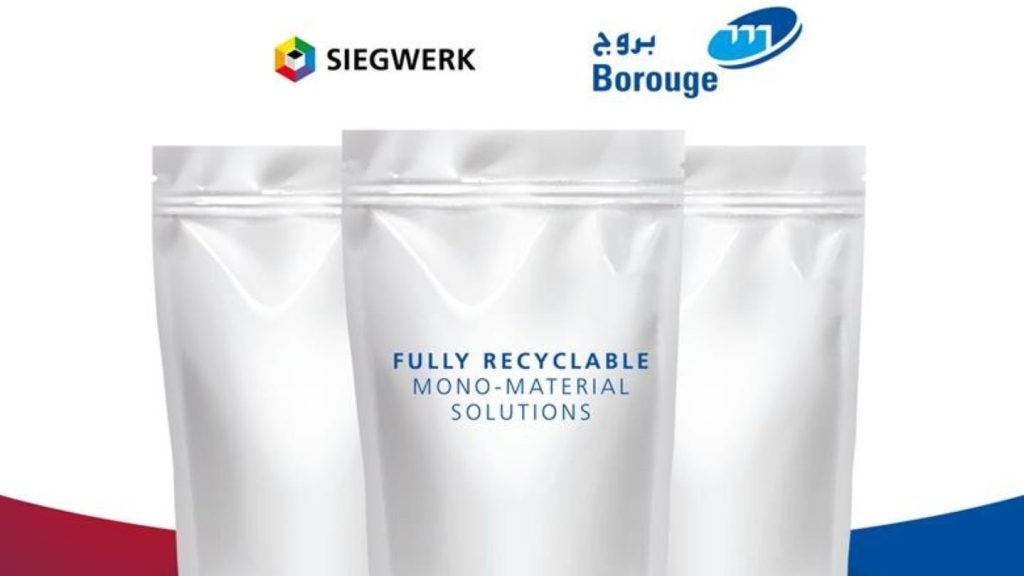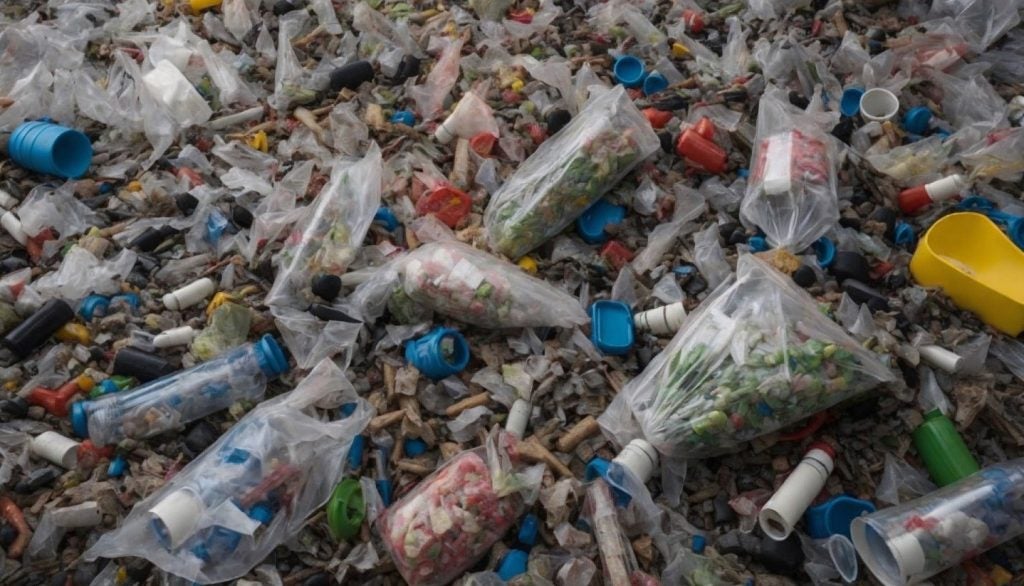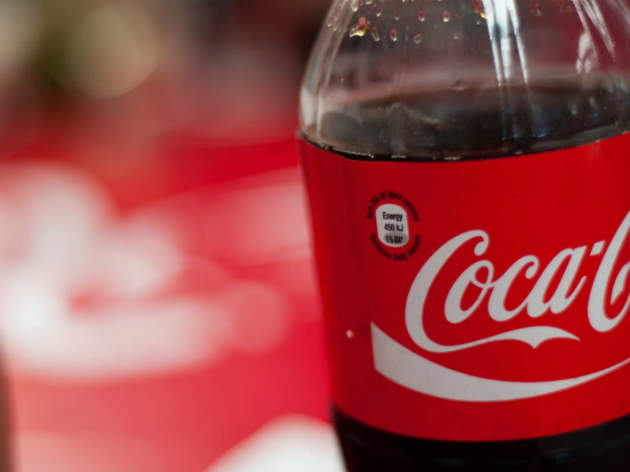
Coca-Cola is the third largest food and beverage company in the world, and Coca-Cola Great Britain (CCGB) is the top soft drinks brand in the UK, so naturally the company gets through a phenomenal amount of plastic as part of their packaging.
It doesn’t come as much of a surprise, then, that despite Coke bottles only containing 25% recycled plastic, a much lower level than some of its smaller competitors, the company is still the largest user of recycled plastic in the UK food and drink industry.
As one of the most influential brands in the world, though, Coke has a great deal of environmental responsibility, as well as an example to set to the industry. Fortunately it appears as though CCGB has taken on-board advice from critics and recycling experts, and has announced that by 2020, all of its plastic bottles will move from having 25%, to 50% recycled plastic content, making a deal with Clean Tech, the operator of Europe’s largest plastic bottle reprocessing facility, in Lincolnshire, UK.
A responsible reformed recycling strategy
“As part of our new sustainable packaging strategy, we have set out the aim to double the amount of recycled plastics in all our bottles,” says Nick Brown, head of sustainability at Coca-Cola European Partners, “this is a great step forward for us as the largest user of recycled [plastic] locally here in Great Britain.”
But rather than merely upping the company’s own recycled plastic content, CCGB is seeking reform to the whole UK recycling system, in order to improve recovery and recycling rates. “The existing system has done a great job over the last 20 years in contributing to driving recovery rates of packaging materials, but it is in need of reform to bring together all relevant parties and move them towards a common approach that drives more resource efficiency,” comments Brown.
The company has not as of yet suggested what reforms should take place, but has stated it will work in partnership with others, including the government, to champion well-designed innovations. The premise behind CCGB’s call for change is that while much is being done by voluntary organisations, and waste management companies, the current system set-up does not allow fluid cooperation between these bodies. “There are some great examples of [cooperation], but we need a new framework for collaboration which engages all parties in the chain and brings real scale to change initiatives.”
How well do you really know your competitors?
Access the most comprehensive Company Profiles on the market, powered by GlobalData. Save hours of research. Gain competitive edge.

Thank you!
Your download email will arrive shortly
Not ready to buy yet? Download a free sample
We are confident about the unique quality of our Company Profiles. However, we want you to make the most beneficial decision for your business, so we offer a free sample that you can download by submitting the below form
By GlobalDataThe UK government’s recycling target is currently that 50% of household waste will be recycled by 2020, and despite an initial boost in recycling rates, recycling figures have stagnated in current years, fluctuating around the 44%-45% level, perhaps indicating that CCGB’s proposal of a recycling shake-up is indeed required.
Rewarding the considerate consumer
As part of its announcement, CCGB stated that it is currently looking into on-the-go bottle collection and incentive-based reward schemes for recycling. “We’re also advancing our own knowledge of how consumers are motivated by incentive-based schemes… We’ll be sharing more detail on these trials later this year and hope that they will give us useful insights into consumer behaviour and how we can best work together with other businesses, local authorities and consumers themselves to combat the issue of littering,” says Brown.
While such a scheme would surely be a boon to the recycling industry, and could potentially aid the government in reaching their 2020 target, the prospect of a rewards-based system could be considered dubious if not carried out in an appropriate manner. While of course recycling rates have the potential of being increased, consumer rewards could lead to a boost in consumption, and any increase in plastic bottle production as a result would surely mitigate the environmental benefit of recycling in the first place. Details of any future rewards scheme are yet to be announced, but if increased consumer interest in recycling is the end-goal, the company should act cautiously.
CCGB’s strategy expands further, with a nationwide advertising campaign currently ongoing, and continuing until the end of 2017, “with the aim of reaching more than 35 million people by the end of this year,” claims Brown, “We also plan to put enhanced recycling messages on our bottles this year and promote recycling to six million people at festivals and events across the country.”
The company’s efforts look to be admirable, but it is difficult to move past the fact that even though Coca-Cola has such a substantial presence in the UK, the country makes up only 2% of the company’s global business. It is encouraging to see such a large company make such a big commitment to sustainability, but until the Coca-Cola Enterprises as a whole takes up the mantle, it’s just a drop in a fizzy, brown ocean.



